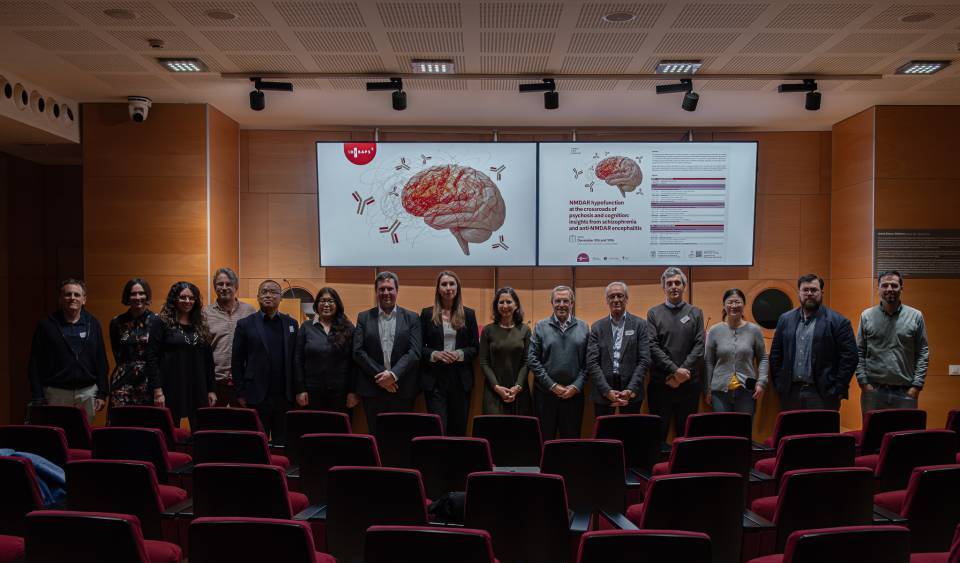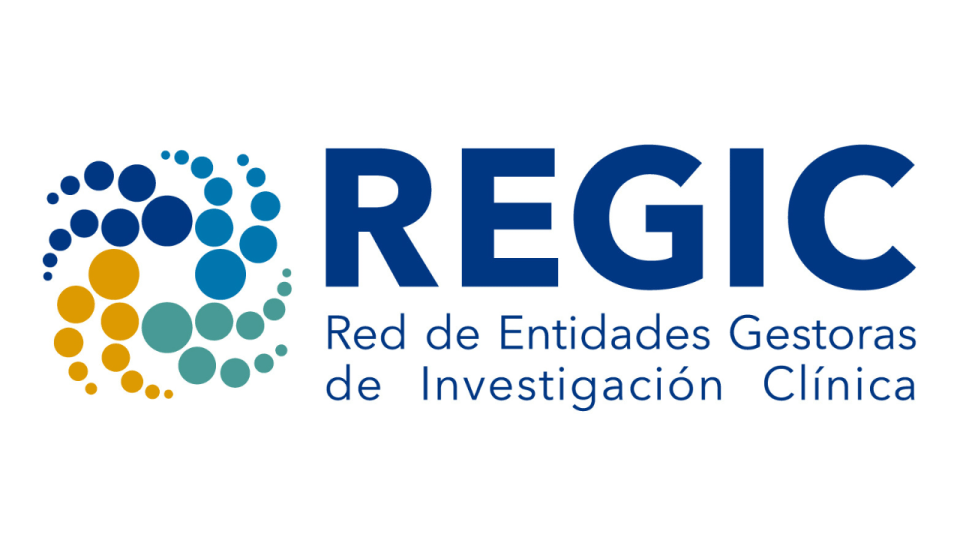The meta-analysis, published in JAMA Oncology, compiles the results of several clinical trials, focusing on their effect on patients with triple negative breast cancer (TNBC) and other subtypes such as hormone receptor-positive (HR+)/ERBB2-negative (HER2-) tumours. The study was coordinated by Dr. Tomás Pascual, medical oncologist at the Hospital Clínic Barcelona and researcher in the IDIBAPS Translational Genomics and Targeted Therapies in Solid Tumours group, led by Dr. Aleix Prat, director of the Clinic Barcelona Comprehensive Cancer Center. The first author of the study is Dr. Guillermo Villacampa, Vall d’Hebron Institute of Oncology (VHIO) researcher and PhD student at the University of Barcelona, under the supervision of Dr. Aleix Prat.
What are immune checkpoint inhibitors?
ICIs are drugs that activate the immune system to attack tumour cells more effectively. These drugs have revolutionized cancer treatment, especially in melanoma, lung cancer and kidney cancer. In breast cancer, ICIs have shown efficacy in aggressive types such as advanced TNBC, and are now being evaluated in earlier stages of the disease.
Combining ICIs with chemotherapy: Why is it important?
Combining ICIs with chemotherapy in the neoadjuvant phase (before surgery) has been shown to increase the pathological complete response (pCR), which means that, after the treatment prior to surgery, no detectable cancer remains in the removed tissue. This is crucial, because achieving a pCR is associated with better long-term outcomes.
Study findings
This meta-analysis analysed data from over 5,000 patients who took part in clinical trials. The most salient outcomes include the following:
- In patients with TNBC, the combination of ICIs with chemotherapy significantly improved the pCR rate, rising from 46.6% to 59.9%. This effect was observed both in PD-L1-positive and PD-L1-negative tumours, suggesting that the efficacy of ICIs in TNBC is not dependent on this biomarker.
- In HR+/HER2- tumours, the benefits of ICIs were more modest, and improvements were only observed in PD-L1-positive patients, with a 12.2% increase in the complete response rate.
- In HER2+ tumours, immunotherapy showed no significant results.
Impact on long-term survival
Beyond the initial response to treatment, the study assessed the impact on long-term survival. In patients with TNBC who achieved a pCR, immunotherapy improved the five-year disease-free survival, resulting in an EFS of 92% compared with 88% in those who did not receive ICIs. Even in patients with residual disease after treatment, ICIs improved survival rates, highlighting their potential beyond the initial response.
Side effects and risks
Despite the positive results, ICIs are not without complications. Patients who receive treatments experienced a higher incidence of serious side effects, such as immune reactions. Although these effects are manageable, they require close monitoring.
“This analysis provides a valuable insight into the complexity of integrating immunotherapy into the treatment of early breast cancer. Although the results are promising, especially in patients with TNBC, we must carefully weigh up the risks and benefits for each patient. The presence of serious side effects underlines the need for close follow-up and individualized decision-making in the administration of these treatments,’ says Dr. Tomás Pascual.
Future implications: Optimizing the combination of treatments
The study reinforces the idea that the combination of chemotherapy in the neoadjuvant phase offers important benefits, especially for patients with TNBC and HR+/HER2- tumours expressing PD-L1.
“Further research is essential to identify which patients would benefit most from this approach, given the cost and risks associated with immunotherapy. Moreover, the results suggest that it is more effective to administer ICIs before surgery than as a post-treatment, which could influence future treatment guidelines for early breast cancer,' the researchers conclude. Finally, the editorial accompanying the study was written by Dr. Sara M. Tolaney and Dr. Elizabeth Mittendorf, researchers at the Dana-Farber Cancer Institute (DFCI), which reinforces the relevance and impact of the findings presented.
Study reference and editorial
Villacampa G, Navarro V, Matikas A, et al. Neoadjuvant Immune Checkpoint Inhibitors Plus Chemotherapy in Early Breast Cancer: A Systematic Review and Meta-Analysis. JAMA Oncol. Published online August 29, 2024. doi:10.1001/jamaoncol.2024.3456
Mittendorf EA, Tolaney SM. Neoadjuvant Immunotherapy-From Trials to Practice. JAMA Oncol. 2024 Aug 29. doi: 10.1001/jamaoncol.2024.2924.




